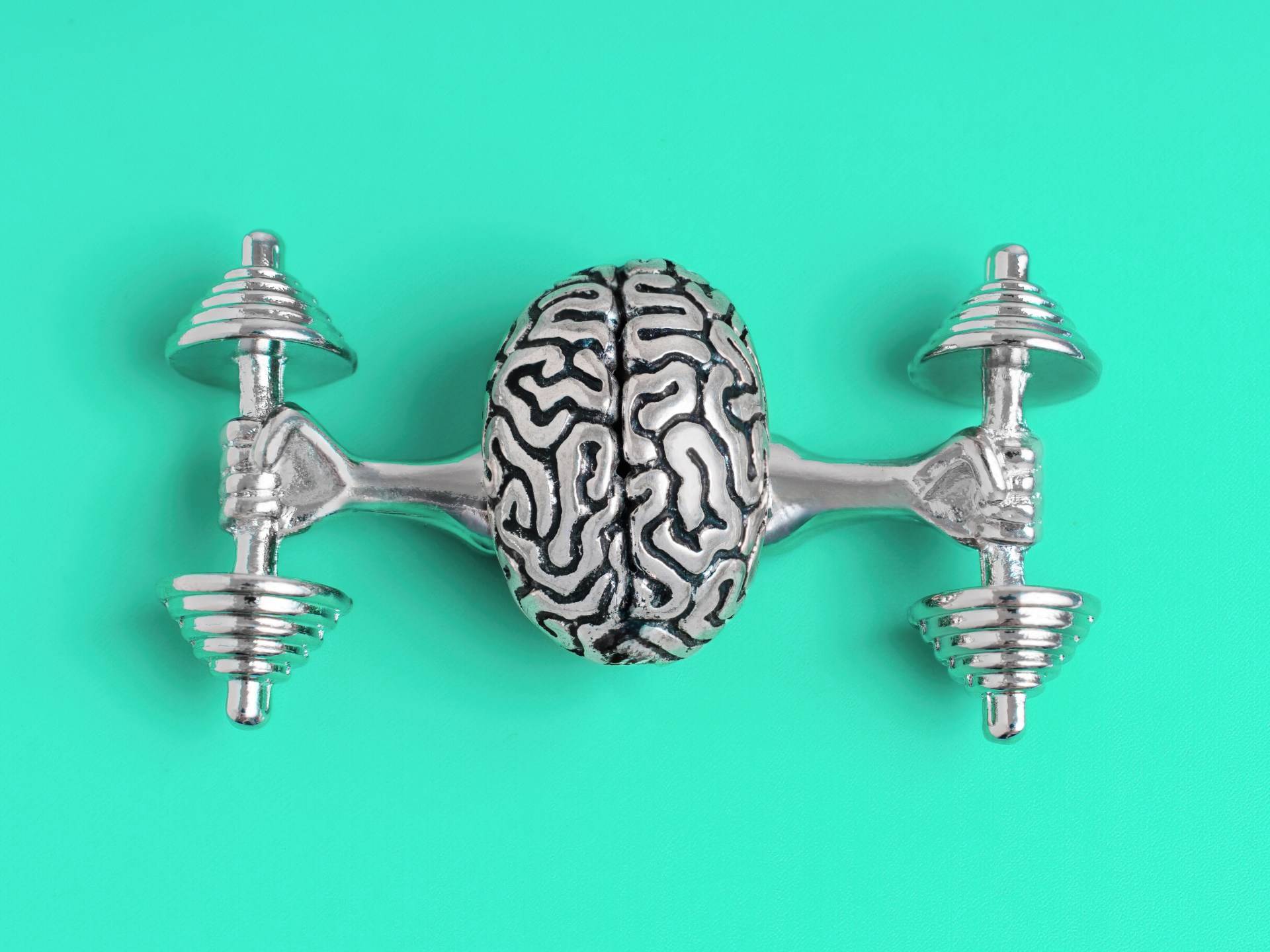play videoplay video
Video duration 02 minutes 35 seconds 02:35
Obesity is a chronic problem that affects human health, but a team of researchers in Scotland made an important discovery about how the brain controls appetite and the feeling of hunger.
According to the study, published by the scientific journal Current Biology, the research team from the University of Aberdeen in Scotland discovered a group of cells inside the human brain that control weight.
These cells secrete a chemical called GABA, and its main role is to block certain signals within the brain related to feelings of satiety and fullness.
The head of the study team at the Rowett Institute at the University of Aberdeen, researcher Pablo Blaco, says: “We have discovered that there is a group of neurons in the brainstem that senses the amount of food consumed by the body, and then deactivates the neurons responsible for feeling hunger in another part of the brain.”
He added, in statements to the Medical Express website, which specializes in scientific research, that this communication between brain cells occurs through a chemical called “GABA,” and the benefit of this discovery is that it opens the way for developing new strategies to treat obesity.
The research team, which included researchers from the University of Cambridge, relied on a set of precise scientific techniques, such as recording cell activities and measuring changes in the amount of food consumed by a group of laboratory mice and their weights.
“We have identified a group of cells within the brain that can be recruited to reduce food intake and reduce weight,” says researcher Laura Hessler from the University of Aberdeen.
The researchers believe that this study may ultimately lead to the creation of medications to reduce the feeling of hunger and thus reduce weight, without the appearance of some of the side effects that are associated with this type of medication, such as nausea.
Source: German

